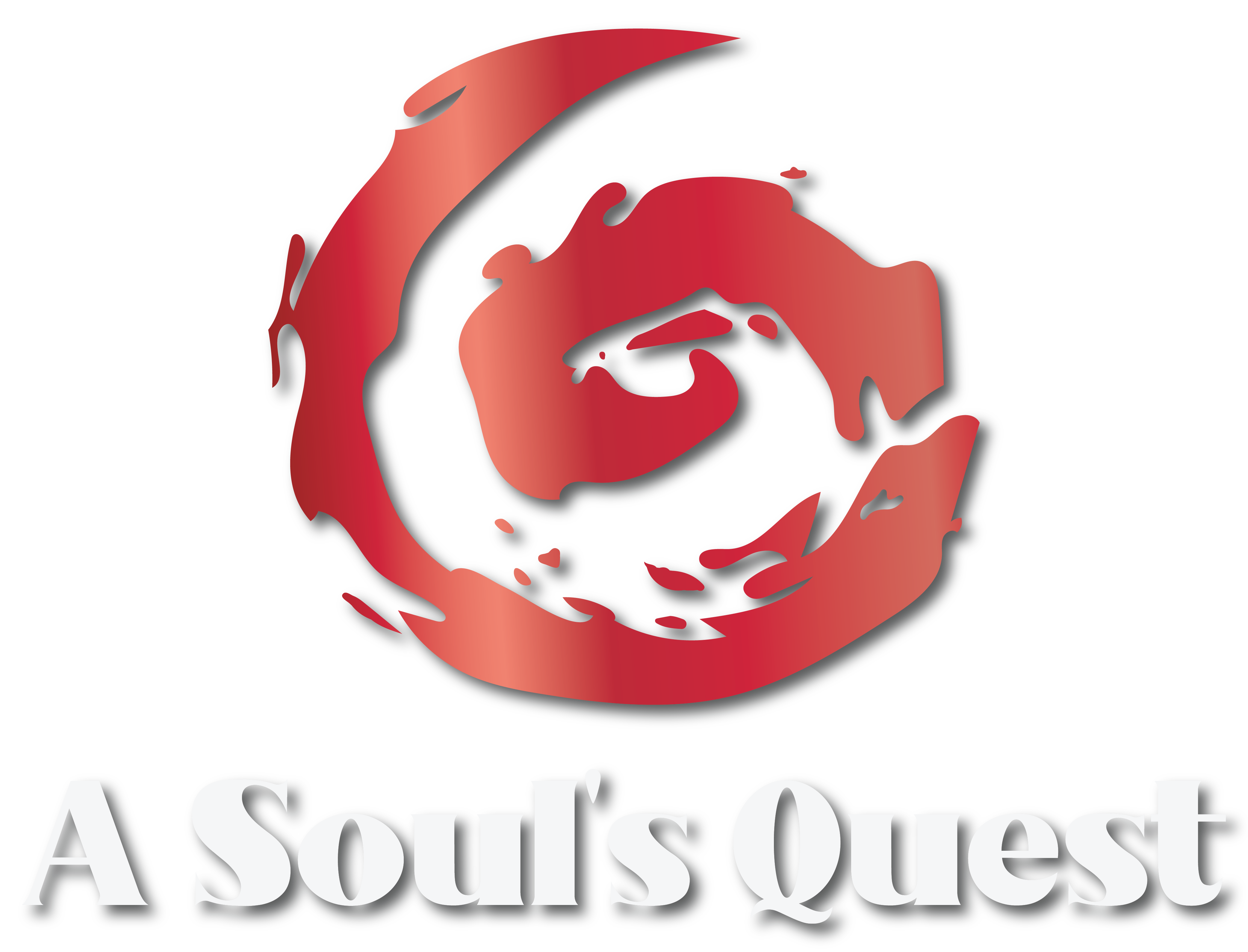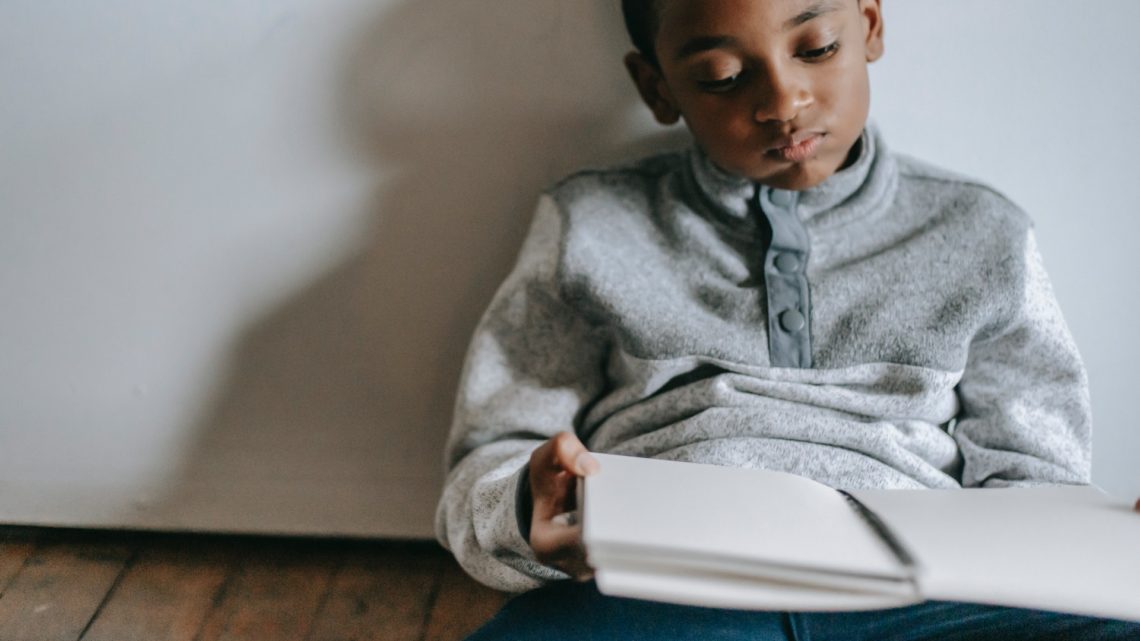According to the Oxford Dictionary, education is defined in two ways. First, is the process of receiving or giving systematic instruction, especially at a school or university. And lastly, an enlightening experience. In this article, we’ll discuss;
- The conflict within the definition of the word itself;
- Why does the education system continue to fail so many of us?
- Can a balance be achieved in the polar nature of education?
In his book “ Education and Cultural Pluralism,” Maurice Craft (1984) noted that there are two different Latin roots of the English word “education.” They are “EDUCARE,” which means to train or to mold, and “EDUCARE,” meaning to lead out or bring out from within. By their very definition, these two root words display the polar nature of our experiences in education.
What we traditionally experience in terms of education is “educare” meaning instruction. At a minimum, the first 18 years of our lives are spent learning social norms, communication techniques, history, and basic information we need to participate in society. This process is of major necessity to become a civilized human being. However, even with this starting point, many of us feel unprepared once we graduate from high school.
Unfortunately, due to its nature of finding the “best and brightest” to fill the most important roles in society, thus assuring the “collective” survival, our modern education system was always designed to cipher individuals to fit those limited yet coveted spots. This cyphering and categorizing emphasizes our separation into classes, status, and most damaging of all meritocracy. How can you merit something when the very system is designed to find individuals with the innate, universe-given qualities that a ceratin society is looking for?
More troubling, is the fact that higher education has become a big business in which returns on investment have diminished. There is reason to question our education system’s effectiveness from the standpoint of its purpose and what individuals are gaining in return.
But what about “educere,” bringing out what is within us? Where does that individual’s need get fulfilled? Unfortunately, there is no systemic method to satisfy that need. This is why it is imperative for individuals to take their education matters into their own hands. Thus, learning from both traditional, collective, and personal experiences. Creativity, innovation, and change come from those restless souls that refuse to be confined and categorized. By doing so, you are not only benefiting yourself but setting an example for others to follow.
Can a balanced educational system be achieved? Educational change is not an either-or proposition. The elementary instruction we receive is necessary to communicate, make decisions, understand our environment, learn from our past, and be part of our society. But there comes a point when too much instruction, lack of choices, and rigidity become stifling and rob, not just the individual, but all of us of creativity and innovation. It will take a great collective will to evolve a dying idea. After all, isn’t that the educated thing to do? If something is no longer working, shouldn’t we adjust, adapt, and change for greater benefit?
The Choice is Yours.

